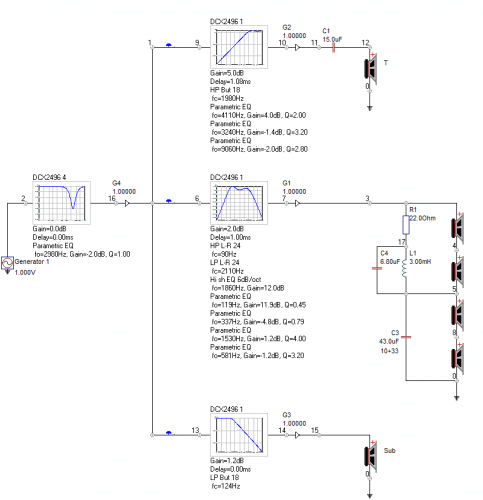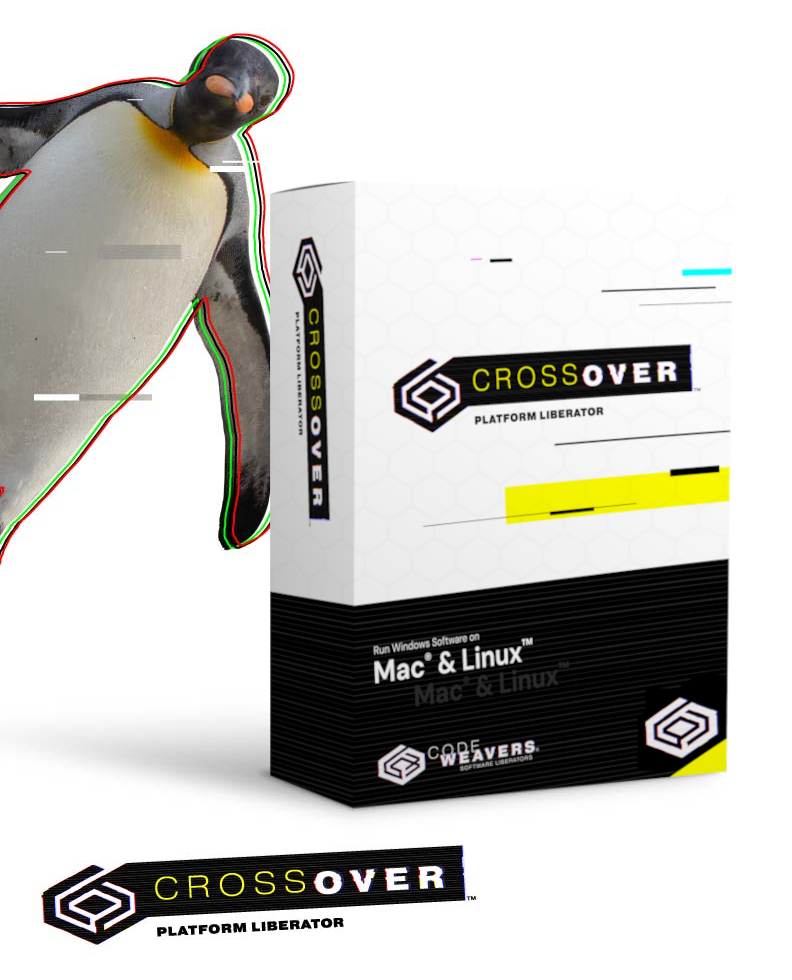

- #Audio crossover software free download install
- #Audio crossover software free download drivers
- #Audio crossover software free download Pc
#Audio crossover software free download install
Steve Harris’s plugins collection also has some useful filters ( sudo apt-get install swh-plugins). You probably want additional plugins from the Computer Music Toolkit ( sudo apt-get install cmt). The main tool we’ll use for running the DSP is ecasound, so make sure it’s installed ( sudo apt-get install ecasound).ĭownload and install rt-plugins, a collection of IIR digital filters (implemented as LADSPA plugins) that I wrote for doing loudspeaker xover/eq.
#Audio crossover software free download drivers
Make sure the ALSA sound drivers and utilities are installed: sudo apt-get install alsa alsa-base alsa-utils alsa-tools libasound2-plugins should work on any Debian-based distro (e.g. I use Ubuntu server edition because it’s what I know and it’s easy to install.

Any distro should work, but for a standalone “embedded” unit as pictured above you’ll want a minimalist install that doesn’t run an X server. In this case you’ll need an additional device for multi-channel digital-to-analog conversion: in my own LX521 setup I run the hdmi from my Zotac zbox to an hdmi audio de-embedder, whose analog outputs go to an AT6012 amplifier. I’ve had success with a Diamond Xtreme 7.1 usb, a Creative XFi Surround 5.1 usb, and the built-in Intel AC97 audio codec in my desktop PC.Īlternatively one can send the crossover outputs over hdmi, which supports up to 8 digital channels. Make sure the card has a S/PDIF input if you want to use that as your audio source. It’s best if the card supports a sample rate of 44.1kHz (the standard for CD audio) since re-sampling to anything else takes a lot of extra cpu cycles to do properly. Any card capable of 5.1 or 7.1 surround sound will suffice. The minimum hardware specs are modest: I’ve built LX521 implementations on a Shuttle XS35v2, a Zotac zbox, and even a Raspberry Pi.įor the audio interface you’ll need a sound card with at least 6 output channels.
#Audio crossover software free download Pc
For a stand-alone unit as in the photo above, you’ll want a small, fanless PC (no fan noise) with a solid state drive (SSD even less noise and faster startup time). You’ll need a PC equipped with multi-channel audio output. The PC can also act as a media server, programmed so that all output goes through the crossover/eq. Volume control can be upstream (in digital) or downstream (analog), depending on how you want to configure things. In practice a single sound card can handle both inputs and outputs.

The crossover/eq are performed (in real time) in software on the PC, with output (4- or 6-channel, digital or analog) to a multi-channel sound card. The input can be an analog (line-level) or digital (S/PDIF) feed to a sound card, or else a digital audio file stored on disk and decoded by the PC. I’ve written a long article detailing my development of the LX521 implementation my Pluto implementation is similar. For those interested, I’ll post specific configuration files in the Owners’ area of the Orion/Pluto/LX521 Forum: together with this how-to, those files can be used to build a DSP version of the Analog Signal Processor (ASP) for those loudspeakers. One could use this system to implement the xover/eq for the Linkwitz Labs Pluto 2.1 or LX521.

It’s silent, always on, and requires no user interaction. My design goal was a small, self-contained unit that can live on a shelf beside an amplifier: it runs without need of a display, keyboard, or mouse, and it looks like this: It runs on a linux PC and uses only free, open-source software. The following setup can be used to implement a 2- or 3-way digital crossover (with equalization) for active loudspeakers.


 0 kommentar(er)
0 kommentar(er)
